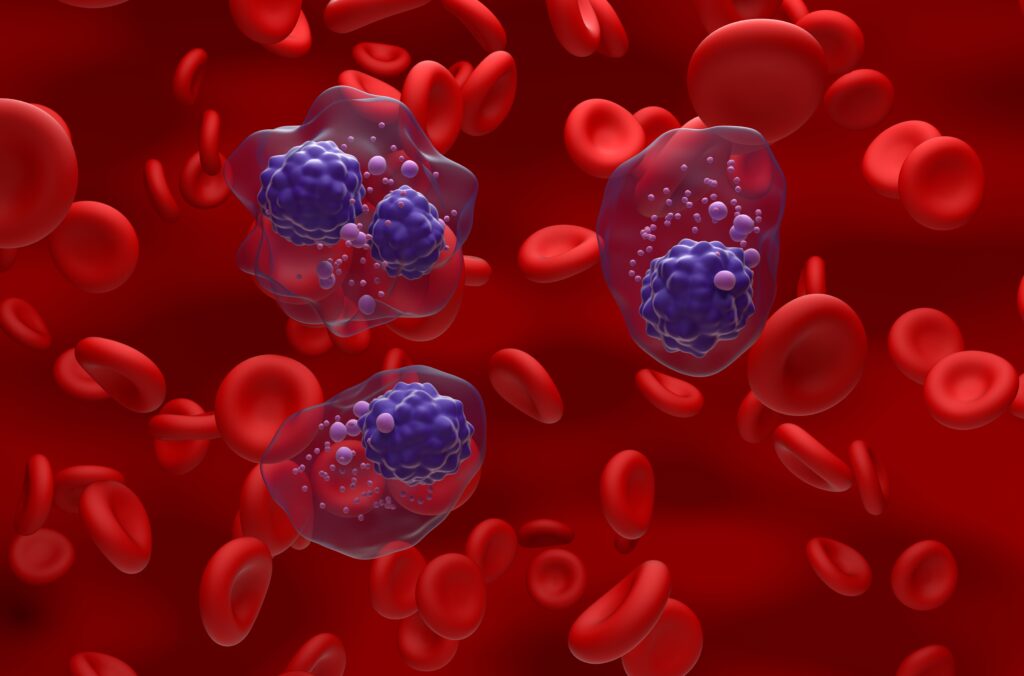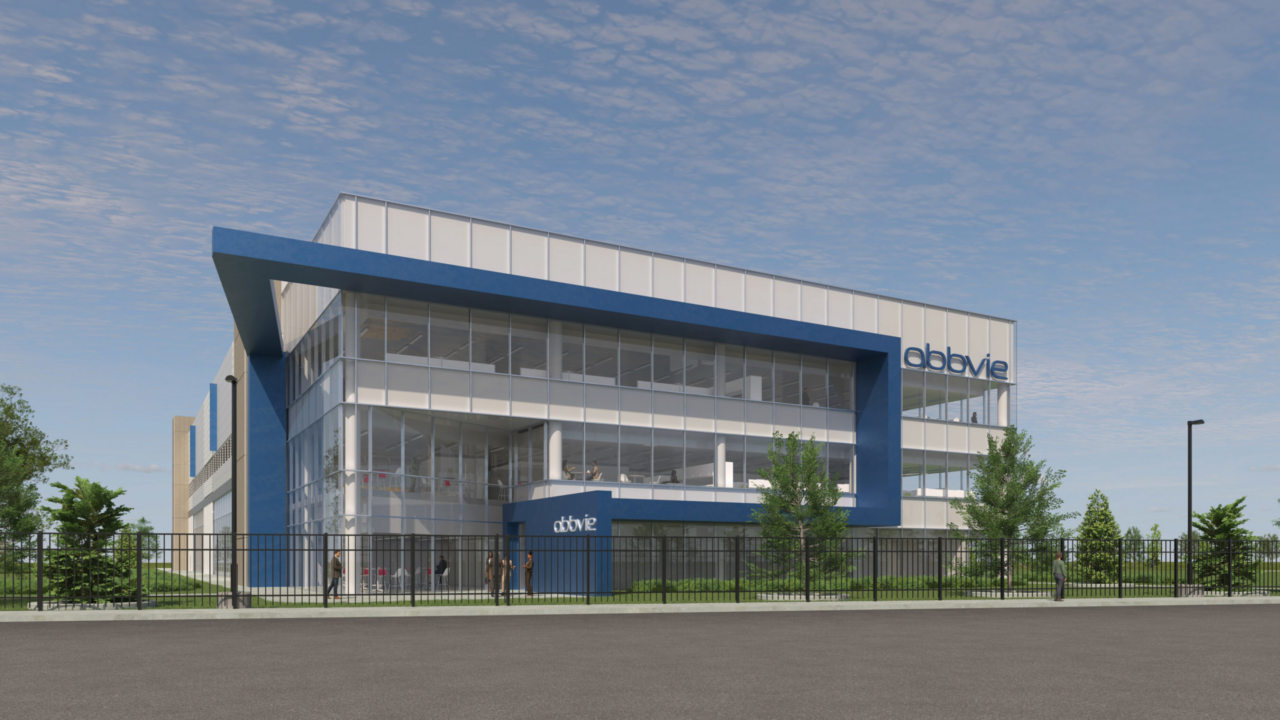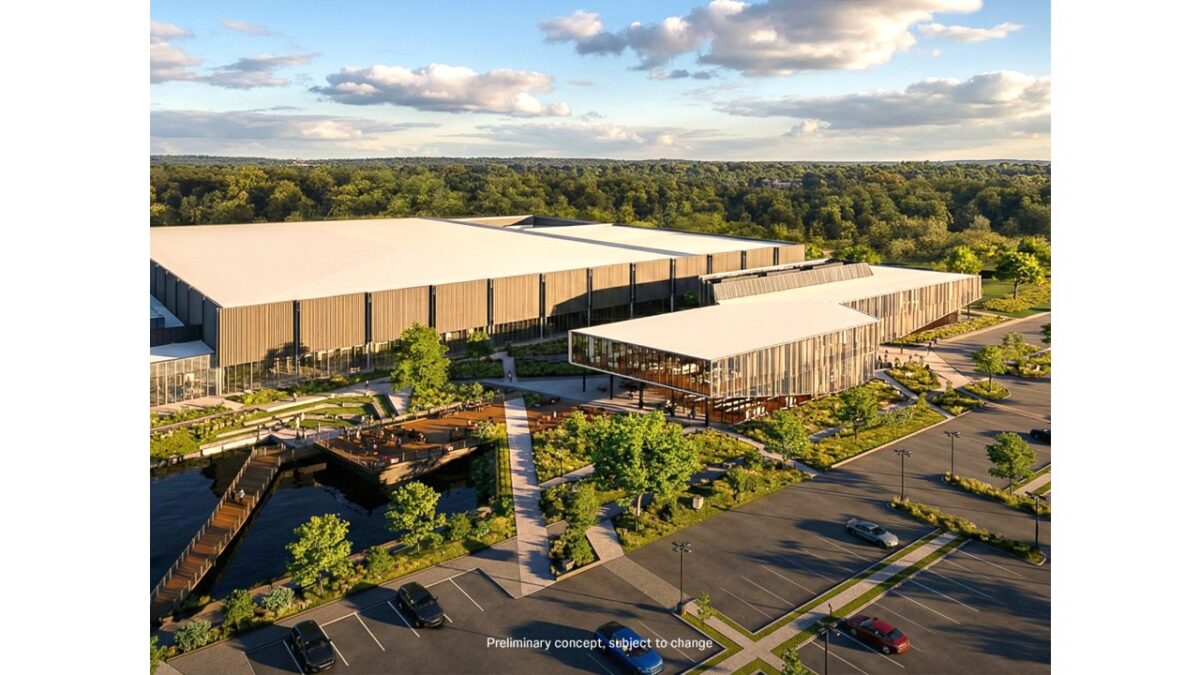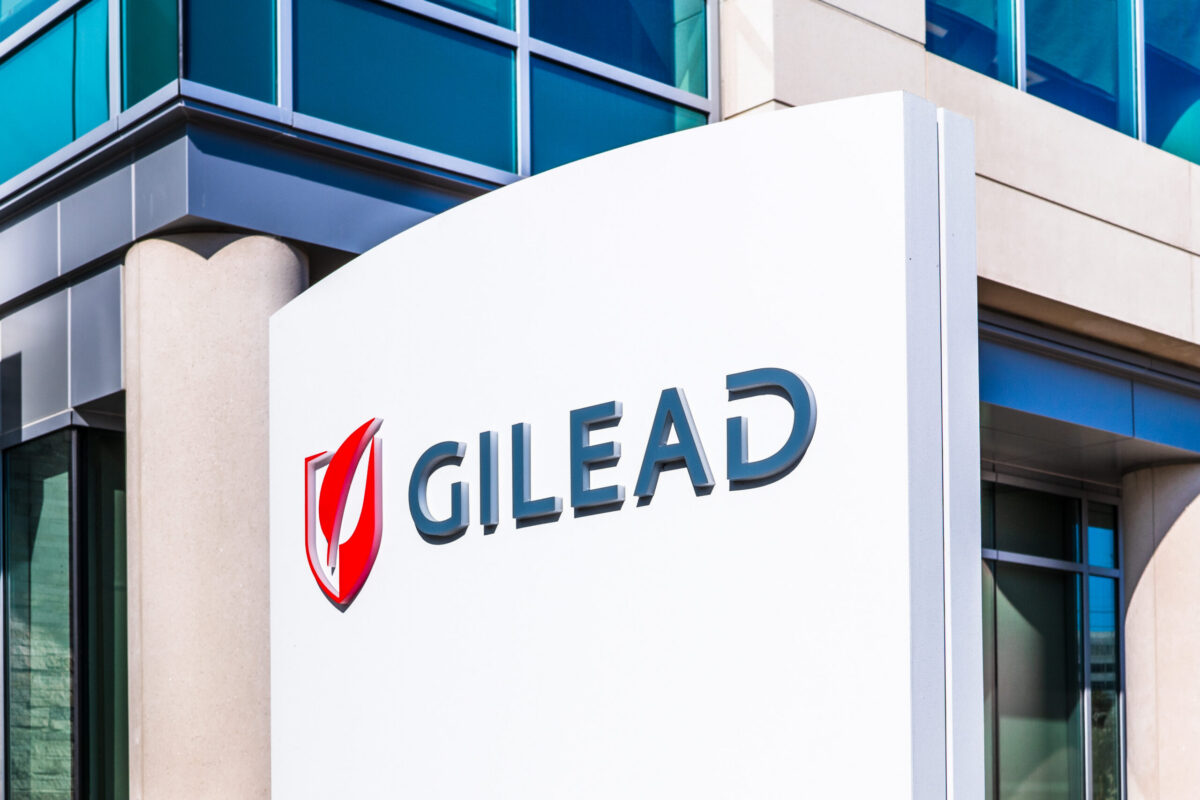The FDA has granted accelerated approval to Regeneron’s BCMA-targeting bispecific antibody linvoseltamab-gcpt, marketed as Lynozyfic, for the treatment of adult patients with relapsed or refractory multiple myeloma who have received at least four prior lines of therapy.
This includes treatment with a proteasome inhibitor, an immunomodulatory agent and an anti-CD38 monoclonal antibody.
Lynozyfic is a bispecific BCMA-directed CD3 T-cell engager designed to redirect T cells to eliminate myeloma cells that express the BCMA (B-cell maturation antigen).
The drug enters an increasingly competitive space for late-line multiple myeloma therapies, joining two other BCMA×CD3 bispecific antibodies — J&J’s Tecvayli (teclistamab-cqyv) and Pfizer’s Elrexfio (elranatamab), as well as J&J’s GPRC5D×CD3 T-cell engager Talvey (talquetamab-tgvs).
In 2024, Tecvayli generated an estimated $549 million in global sales, making it the leading bispecific antibody for relapsed/refractory multiple myeloma. Meanwhile, Talvey is still in its early launch phase with no reported revenue, though it is projected to become a multibillion-dollar product by 2030. Pfizer’s Elrexfio did not have standalone sales figures disclosed, indicating it remains in the early stages of commercial uptake as well.
XTALKS WEBINAR: Designing Innovative Trials: Navigating Dose Optimization in Oncology Combinations
Live and On-Demand: Thursday, August 14, 2025, at 11am EDT (5pm CEST/EU-Central)
Register for this free webinar to learn how to design and operationalize combination therapy trials using innovative escalation models, biomarker strategies and global feasibility planning.
Andres Sirulnik, MD, PhD, senior vice president and head of Regeneron’s Hematology Clinical Development Unit, told Fierce Pharma that joining the field later came with certain advantages. He explained that Regeneron was able to conduct a comprehensive dose-finding process, using insights from emerging data on competitor therapies to optimize the balance between efficacy and safety.
Lynozyfic is administered intravenously using a step-up dosing regimen. Patients first receive 5 mg and 25 mg doses before reaching the full dose of 200 mg weekly for 10 cycles.
Regeneron says Lynozyfic is the first FDA-approved BCMAxCD3 bispecific antibody that can be administered every two weeks starting at week 14. Patients who achieve a very good partial response (VGPR) or better after 24 weeks may transition to biweekly, and eventually, monthly dosing.
The regimen includes hospitalization for safety during the step-up dosing period (one 24-hour period after the first step-up dose, and another 24-hour period after the second step-up dose).
Related: Blenrep Combination Extends Survival in Relapsed Multiple Myeloma
The FDA’s approval was based on data from the Phase I/II LINKER-MM1 trial, which included patients with advanced, heavily pretreated multiple myeloma.
Among the 80 patients who received the recommended dose, the objective response rate (ORR) was 70%, with 45% achieving a complete response or better.
The responses were also durable, with an estimated 89% of patients maintaining their response at 9 months, and 72% at 12 months, based on a median follow-up of 11.3 months.
“The FDA approval of Lynozyfic reinforces the strength of our bispecific antibody program as well as our commitment to delivering critical medicines to the cancer community,” said George D. Yancopoulos, MD, PhD, Board co-chair, president and chief scientific officer of Regeneron, in a news release from the company.
“With a 70% overall response rate in heavily pre-treated patients, we believe Lynozyfic is poised to potentially become a new standard of care for multiple myeloma. Furthermore, given the strength of the data, we are rapidly advancing our broad clinical development program for Lynozyfic — exploring its use in earlier lines of therapy as monotherapy and in novel combinations — as we aim to meaningfully advance care for patients.”
In comparison, Tecvayli’s label reports a 68% overall response rate based on the MajesTEC-1 trial, with 63% of patients achieving a VGPR or better, and 31% reaching a complete response or better.
For Pfizer’s Elrexfio, data from the MagnetisMM-3 trial in pretreated, BCMA-naïve patients showed response rates of 56% overall, with 50% achieving a VGPR or better, and 25% achieving a complete response or better.
Lynozyfic comes with a boxed warning for cytokine release syndrome (CRS), a common complication associated with T-cell engagers, and immune effector cell-associated neurotoxicity syndrome (ICANS). CRS occurred in 46% of patients (primarily low grade), while neurologic toxicity was observed in 54%, with Grade 3 events occurring in 8% of patients.
CRS rates were higher in the respective trials for the other two therapies — 72% for Tecvayli and 58% for Elrexfio. However, in both studies, the majority of CRS events were low grade (Grade 1 or 2), with fewer than 1% reaching Grade 3 severity.
Nevertheless, the FDA has put CRS and neurotoxicity as black box warning items on the labels of all three T-cell engagers, requiring that patients be hospitalized following certain initial step-up doses due to the risks.
Despite the differences in incidence, the FDA has included black box warnings for CRS and neurotoxicity on the labels of all three T-cell engagers.
Other common adverse reactions include neutropenia, infections, hepatotoxicity and embryo-fetal toxicity. Due to these risks, the drug will be distributed and administered under a Risk Evaluation and Mitigation Strategy (REMS) program, requiring specialized centers equipped to manage severe side effects.
“The FDA approval of Lynozyfic represents meaningful progress for the multiple myeloma community. Lynozyfic demonstrated early, deep and durable responses in heavily pre-treated patients, which I saw firsthand in clinical trials,” said Sundar Jagannath, MD, Network Director of the Center of Excellence for Multiple Myeloma at Mount Sinai in New York City and a trial investigator, in the Regeneron news release.
“Lynozyfic has a convenient response-adapted dosing regimen, which provides the potential to extend time between doses. This is a significant patient-centric advancement that could help reduce treatment burden.”
The FDA granted the application accelerated approval, along with orphan drug designation, priority review and fast track status.
Continued approval for Lynozyfic will depend on verification of clinical benefit in ongoing confirmatory trials.
The European Medicines Agency (EMA) had conditionally approved the therapy earlier in April 2025.












Join or login to leave a comment
JOIN LOGIN